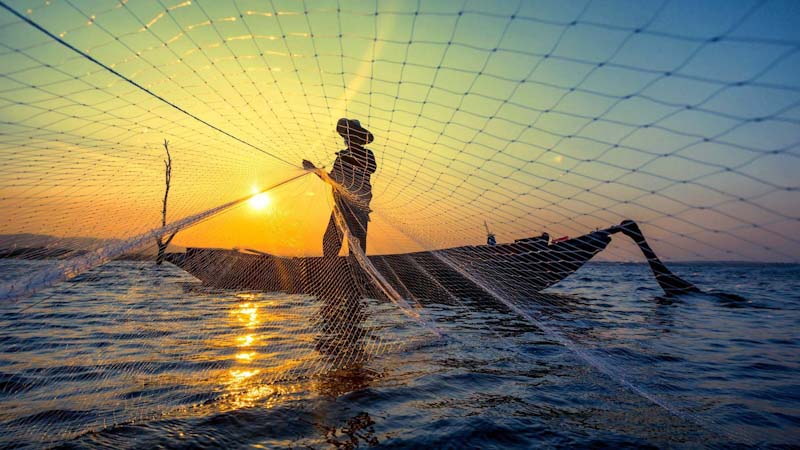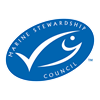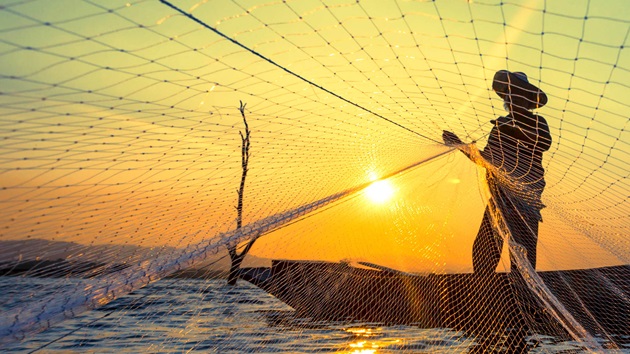The Marine Stewardship Council (MSC) announced 32 new grants through its Ocean Stewardship Fund (OSF) today (17 July 2024) to support projects in India, Indonesia, Mexico, New Zealand, Nicaragua, and Peru.
Since its establishment in 2018, the OSF has issued over 140 grants totalling US$6.6 million (approx. £5.25 million)* to deliver lasting change. These have supported a wide range of projects that aim to improve stock health, manage harvesting levels carefully, and protect the marine environment.
The 2024 funding includes student research grants aligned with the MSC’s goal to protect marine biodiversity in the ocean. These grants will help non-MSC-certified fisheries make environmental improvements, including minimising harm to wildlife and ecosystems.
The MSC commits 5% of annual royalties from MSC certified product sales to the fund and combines these with third-party donations.
The OSF funding in 2024 also includes 9 grants totalling £445,000 to non-certified fisheries working on improvement projects, with the aim of becoming environmentally sustainable.
In addition, up to £5,000 per grant to student researchers supplement individuals’ costs and support their research projects with fisheries. Some of this year’s grant recipients include:
- Rocío Nayeli Avendaño Villeda, from the Centro Interdisciplinario de Ciencias Marinas, will gather data to improve understanding of a Mexican sardine fishery’s impacts on large seabirds. Her research will help scientists calculate accurately the brown pelican population size. Avendaño´s project is funded through a donation to OSF by Carrefour Italy and seafood brand Delicius, as part of MSC Italy’s Sustainable Seafood Week, 2023.
- Lindiwe Makapela of Stellenbosch University, South Africa, will research the South Africa hake longline fishery’s interactions with orca and Cape fur seals and propose operational techniques to minimise any risk to these marine mammals. Research outputs will also improve the accuracy of stock assessments, and management measures will be shared with other fisheries in the region to help drive best practices.
- Mishel Valery Rañada, from Vrije University, Brussels, aims to improve data-gathering processes at a fishery in Suriname. A lack of information on interactions with endangered, threatened and protected species is a major barrier to sustainable fishing for the demersal trawl finfish fishery. The creation of a database using smartphones to log observations will help the fishery and others in the region will help fishers understand and mitigate their impact.
Dr Beth Polidoro, Research Director of the MSC, said:
“The Ocean Stewardship Fund is an excellent vehicle to support scientists early in their careers to test hypotheses and make new discoveries. The marine environment is significantly changing around the globe, and fisheries will have to continue to adapt. Supporting initiatives for improved data and solutions informed by science are imperative to navigating these challenges.
“Student research projects can provide invaluable insights for fisheries that are not already certified to improve the way they fish by producing data and analyses that can inform actions to reduce bycatch and fishers’ interactions with vulnerable species and birds.
“Scientists and fishers can learn a lot from each other. The Ocean Stewardship Fund facilitates this collaboration to drive the innovation and progress needed to conserve our ocean’s precious resources.”
*Currency conversion accurate on 21 June 2024.



